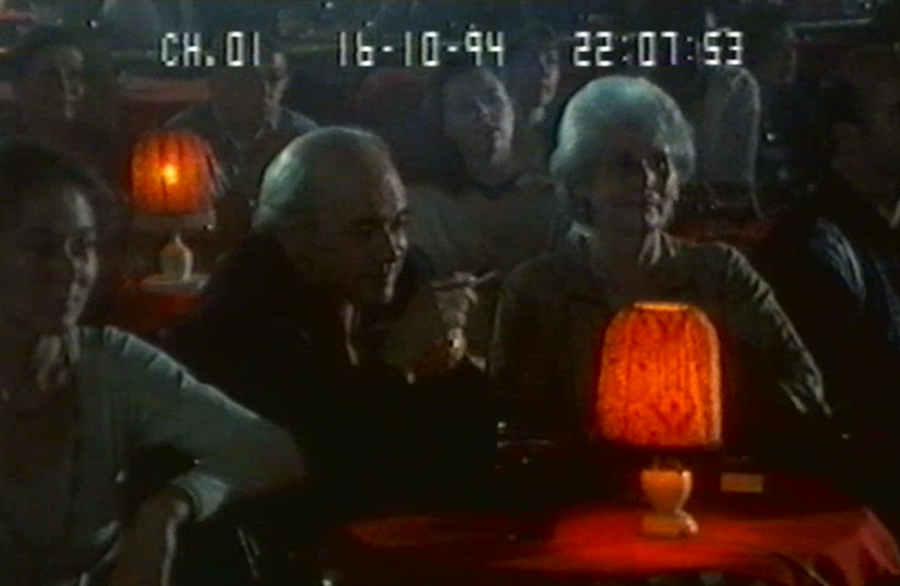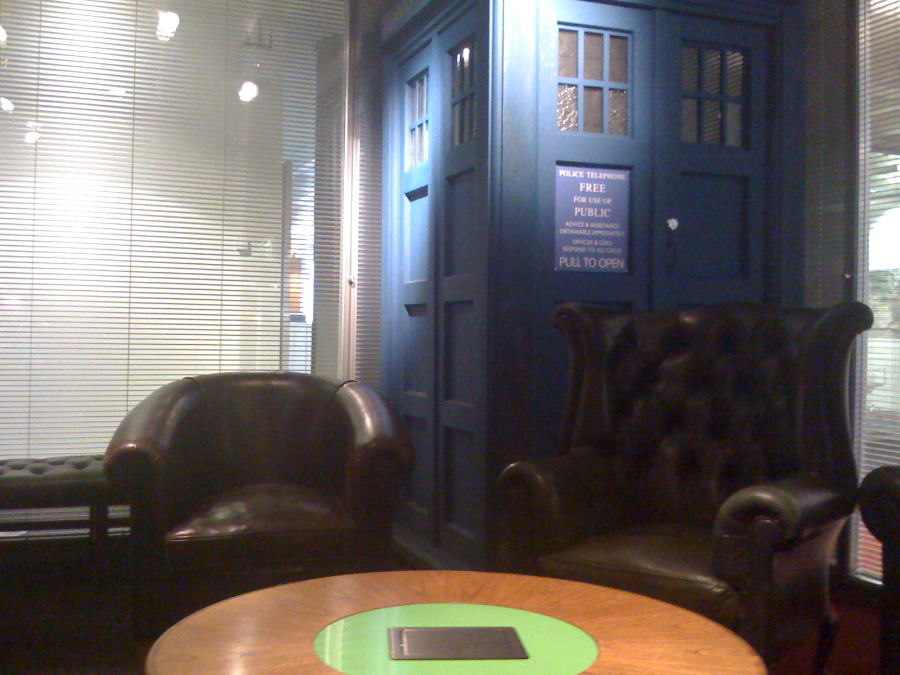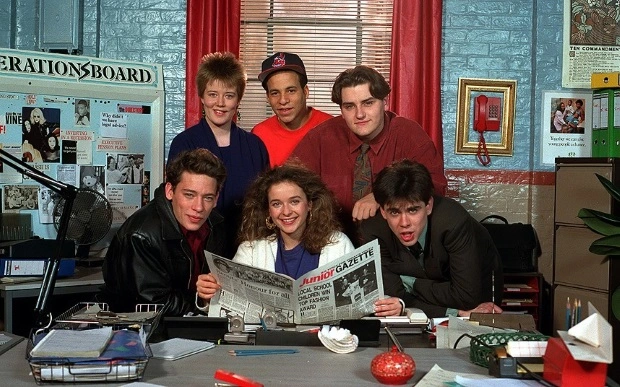I need to write a character who is yearning for something and I don’t seem able to do it. I also need him to be stupid but that’s easier, I’ve got form on that, not to mention a mirror.
Possibly I’m a bit fuzzy because right now, I mean exactly as I type this to you, I’m rather hoping that my COVID self test is going to turn out okay. I’m quite keen that it does, of course, a little anxious since I just was in a school talking with 150 people and am now feeling a bit rough, but still, that doesn’t feel like yearning. I’d appreciate your sticking with me for the next 15 minutes, however. Let’s talk so I don’t keep watching the clock.
The other night, I rewatched the first episode of “Hearts and Bones” by Stewart Harcourt. It’s so long since it aired back in, I think, 2000, that it practically counts as a first watch. But if I remembered very little of it from back when I must’ve reviewed the preview tapes for BBC Ceefax, what I knew in my, well, heart and my bones, was that it is achingly full of yearning. Some deeply hidden, some overt, all painful and all real. I need exactly that for this thing I’m trying to write.
You keep being told that characters in drama must want something or it isn’t drama, and I would go off on one there about how I understand this is a very Western view of dramatic form and there are others. Mind you, I don’t know the others. Shorter conversation than I expected.
If Western is all you can write, and now I suddenly see you wearing a cowboy hat which you are frankly pulling off better than I could, then I know that it doesn’t really matter what the character wants. They just must want it and if they get it immediately, the story is probably over. There’s a bit of me that wants to think bollocks, you just have to find a better story for immediately afterwards, but the principle isn’t wrong. Want something, blocked by something else, there’s at least the start of a story and, most importantly, the start of a character.
“Hearts and Bones” leads off with one character, Emma, longing, yearning, for another, a man named Rich, who happens to be her boyfriend’s brother. Dervla Kirwan plays Emma and I’m not sure she’s ever been better because Harcourt gives her moments of silence where the depth of feeling she portrays will squeeze your chest. I wish I could read the script.
Maybe it helps that she wants something specific, someone specific, but really she doesn’t. I mean, she does, but as well as the pull of attraction to this man, there’s the push of wanting, needing to get away from her life being the way it is. So it’s a specific, definable desire that actually embodies a vague, indefinable need.
I’ve realised that I don’t fully care whether my character gets whatever this nebulous thing is he wants. I’m not being coy or secretive about what he needs, I am really just struggling to vocalise it. Odd how it can be so clear in my head and yet what’s clear is that this overriding desire is something impossible to grab hold off and define.
Perhaps that’s the difference between fancying a particular man or woman and needing something impossible to define, to imagine, maybe even impossible to get. If all that happened in “Hearts and Bones” was that Emma fancies Rich, it might be soap, it wouldn’t be drama.
Okay. I see what you’ve done here. You’ve realised that I am yearning to write yearning. Smartarse.
If nothing else is clear, though, my COVID test is. Thanks for holding my hand.



